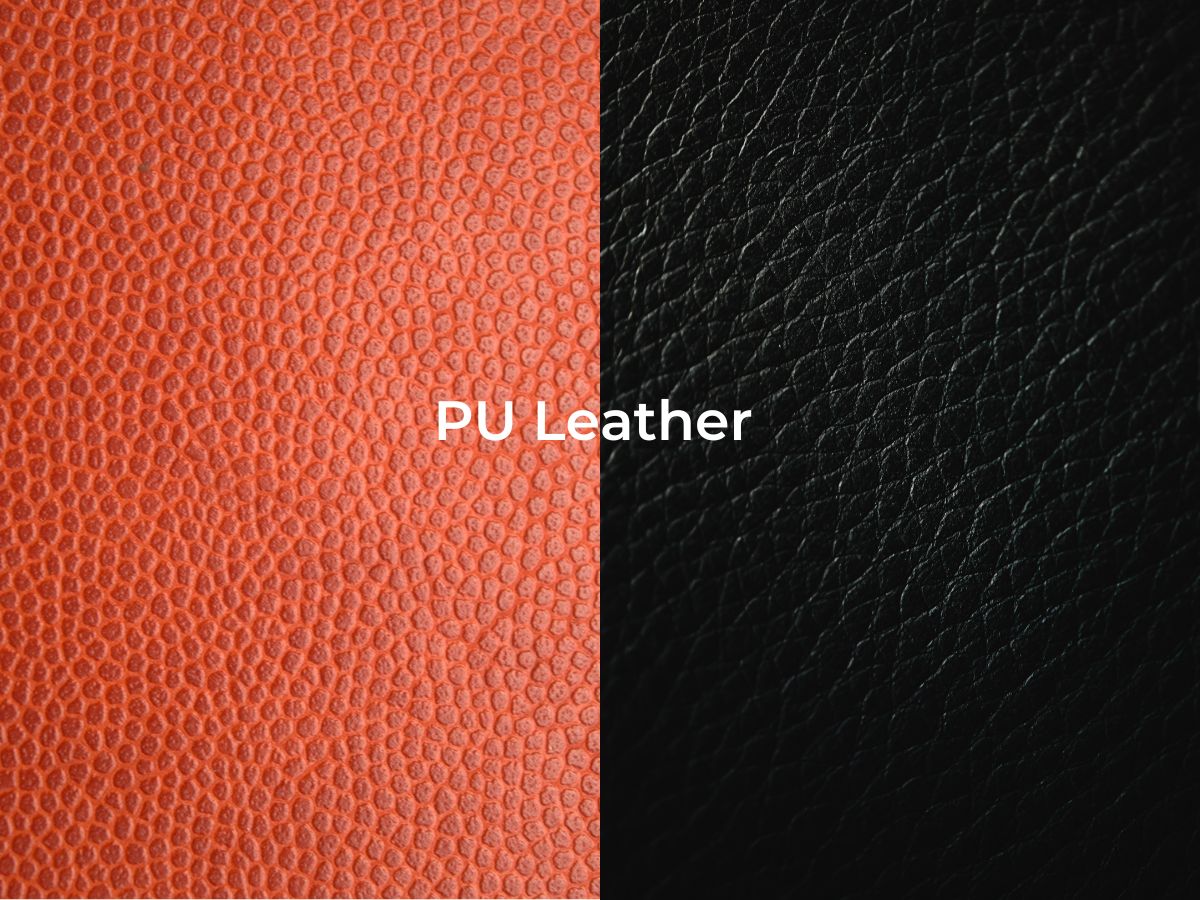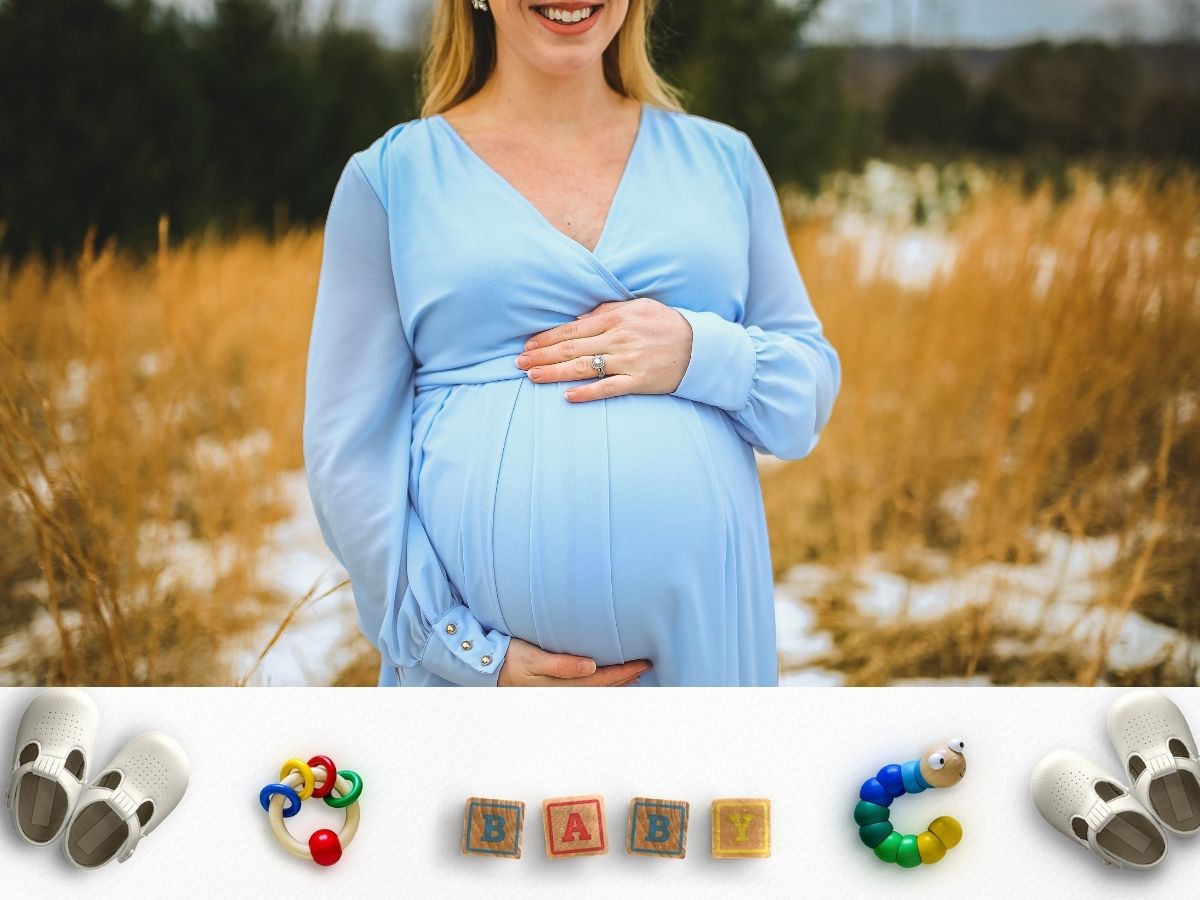
What is PU leather and does vegan leather help the environment?
Pu leather, pleather, vegan leather or, polyurethane leather, is an artificial form of leather that is made from thermoplastic polymer and while it is often boasted as being 100% vegan and much better for the environment than normal leather this is often not the case. There are many downsides to polyurethane leather that are often overlooked. So we wanted to share some advice with you so that when you are shopping for your next handbag you have a better understanding of what you are buying and can decide which is best, a polyurethane bag or a leather bag?
At KeriKit we are always investigating and researching new materials which are being introduced to the world of accessories and offer a much better solution for the environment such as apple, cork, mushroom and cactus leather to name a few.
While we eat meat, leather is actually one of the most sustainable materials we can use to make bags as not only is it a bi-product of the meat industry, it is durable, lasts longer than a plastic / PU bag and is biodegradable too. You can find out more about our leather bags here
Whilst we do focus a lot on leather, KeriKit is proud to offer new and innovative leather free options of our best selling styles such as recycled nylon leather bags for example. In this article I will break it all down for you and hopefully make it easier for you to come to your own verdict on the sustainability of vegan leather, leather and other sustainable leather options.
What is PU Leather?
Since all of the materials that are used to make polyurethane leather are man-made and synthetic, it is technically regarded as being 100% vegan. This is obviously a major selling point in today’s market where there is more of a concern for sustainability than ever before. The biggest advantage of vegan leather is that no animals are harmed during production and this makes it an attractive option to many modern consumers. Polyurethane leather is also much cheaper to produce than normal leather and so it has become readily available in many products, including handbags.

So if vegan leather is ticking all the right boxes, why shouldn’t you buy it over a, ‘less sustainable’, traditional leather bag? Well the first major disadvantage of polyurethane leather is the significant downgrade in quality. This supposedly sustainable vegan alternative to leather is nowhere near as durable as a normal leather bag. Additionally, unlike a real leather bag, polyurethane products will become worn and cracked overtime, meaning that a PU leather handbag is unlikely to last as long as a traditional leather bag. Whereas traditional leather will last for many years and actually tends to develop a nice lustre with use, PU tends to perish long before you want it to and then there is only one place left for it - Landfill!

Vegan Leather: So much better for the environment, right? Maybe not.
The biggest and most important disadvantage of polyurethane leather is that despite requiring less resources to make, it does not decompose after use and therefore should not be regarded as sustainable!
When products made of polyurethane leather go to landfill, after a very long time, they will start to break down. When this happens the polyurethane releases phthalates into the air which are harmful to breathe in. Yes, vegan leather products do not require animals to be harmed in order to be produced, however it can cause irritation in the lungs of humans and other organisms including animals.
Environmentally-Friendly Leather Options
If you’re looking for a sustainable alternative to PU leather, navigating the shops can be an absolute minefield. Not all vegan leather is made the same and this can make things very confusing. For example, some vegan leather products might be made out of natural plant based alternatives such as pineapple, apple or mushroom leather. Whereas others will be marketed as vegan but are not actually sustainable at all due to the plastic toxins they are releasing into the environment during and after their use. It is estimated that around 13 tonnes of artificial plastic fibres end up in the sea every year. Additionally, since polyurethane leather products take an extremely long time to break down, they can actually be even more harmful to the environment than traditional leathers, believe it or not. This is a prime example of greenwashing, it's real and you should be wary of it. Just because something is marketed as being vegan, it does NOT mean that it also benefits the environment.
Just as there are vegan leathers like PU leather which do not help the environment, there are also traditional leathers that are better for the environment. For example, our Signature collection includes leather handbags made from a naked leather meaning that there are fewer chemicals, chrome and water used in the leather tanning process. Plus, our traditional leather is also high quality and our leather bags are designed to last a lifetime, making this a great sustainable leather bag option.
Recycled Nylon Vs Vegan PU Leather
The easiest solution to this whole sustainable leather ordeal is to just avoid polyurethane leather entirely, instead maybe opt for a recycled nylon made from plastic bottled for your vegan leather alternative. Although nylon is still a synthetic material, our nylon collection is made from recycled materials, to help create a more circular economy and reduce the environmental impact of our leather bags. Take our Sustainable Nylon Backpacks for example, its designer quality, beautiful and practical, lightweight and perfect for work, parenting and travel. Other alternatives will be available soon on our website as we look at other options to offer our lovely customers.
So, if you really want a stylish vegan leather-esque bag but you don’t want it at the cost of environmental damage, our Recycled Nylon Collection is just what you’ve been waiting for.
Love always,
Keri x
Some articles you may Like:
- The Best Leather Changing Bag
- Is Leather Sustainable? Our Journey to Making the Most Sustainable Leather Bags
- Everything You Need To Know About The Luxury Amber Tan Leather Organiser Backpack
- To find out more about our products and brand and to get involved what happens next, visit our KitGirl Club and join the fun :)





Leave a comment
This site is protected by hCaptcha and the hCaptcha Privacy Policy and Terms of Service apply.